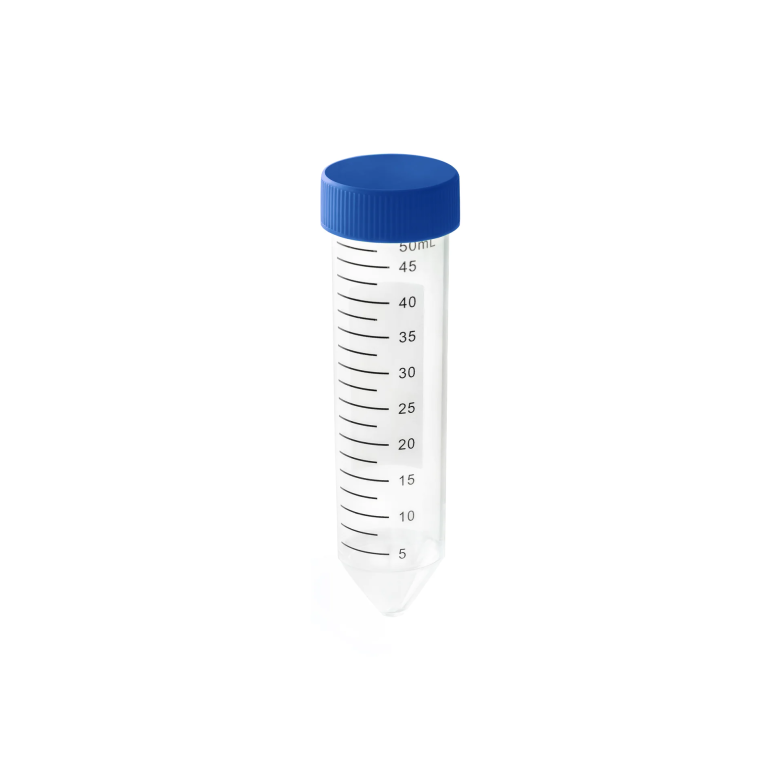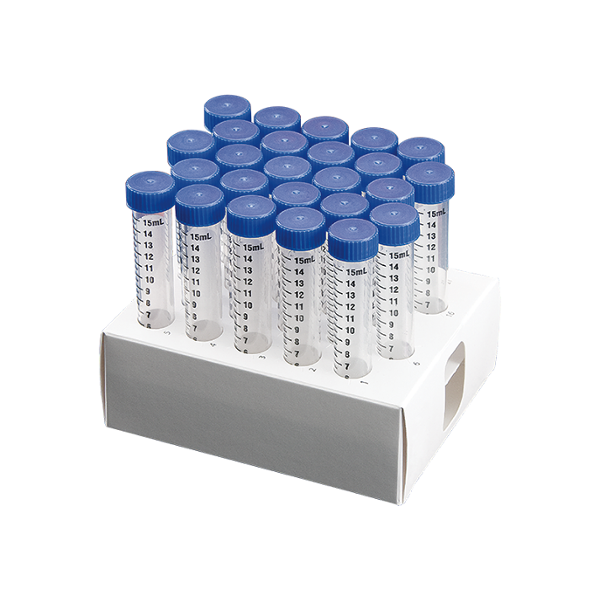Wide bore tips are a specialized type of pipette tip designed to handle specific types of samples that might be challenging to work with using standard pipette tips. Here are the primary uses and advantages of wide bore tips:
1. **Handling Viscous Samples**: Wide bore tips are particularly useful for pipetting viscous liquids, such as glycerol, honey, or other thick solutions. The wider opening reduces resistance and allows for smoother aspiration and dispensing.
2. **Preventing Shear Stress**: These tips help minimize shear stress on sensitive biological samples, such as cells, beads, or high molecular weight nucleic acids. This is important for maintaining the integrity and viability of the samples.
3. **Reducing Clogging**: When working with particulate matter, such as cell suspensions, beads, or other heterogeneous mixtures, wide bore tips are less likely to clog compared to standard tips. This ensures consistent and efficient pipetting.
4. **Improved Sample Recovery**: For samples that tend to adhere to the inner walls of standard tips, wide bore tips provide better recovery rates, as the wider opening reduces surface contact and potential sample loss.
5. **Applications in Cell Culture**: In cell culture and microbiology applications, wide bore tips are often used for handling cell suspensions, transferring cell aggregates, and mixing solutions without disrupting the cells.
6. **Avoiding Sample Damage**: When working with fragile samples, such as RNA, DNA, or delicate proteins, wide bore tips help reduce the risk of sample damage due to mechanical forces during pipetting.
Overall, wide bore tips are essential for applications where sample integrity, viscosity, and clogging are concerns. They provide a reliable solution for pipetting challenging samples, ensuring accurate, efficient, and gentle handling.


